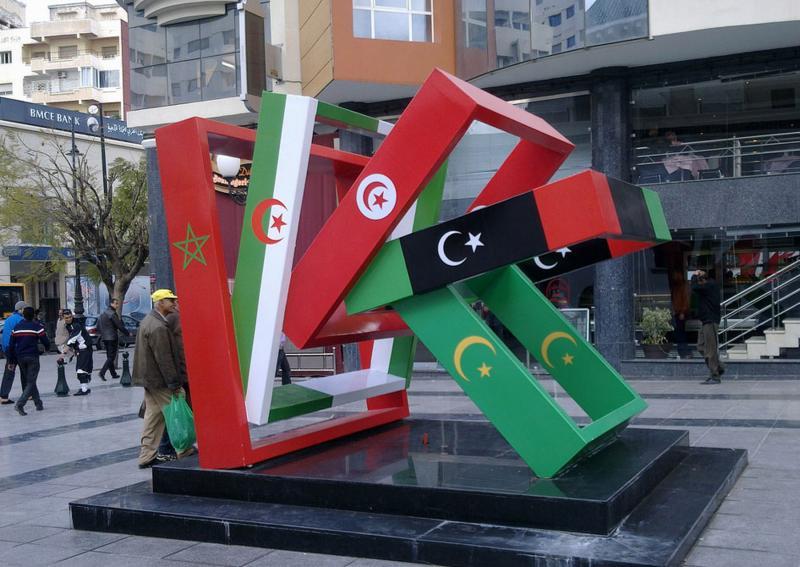
MPs said little had been achieved since last year’s Algerian gas plant siege, in which six Britons were killed
The UK needs a “bigger footprint” in Mali and other Sahel-Saharan countries to fight extremism, a committee of MPs has said.
The Foreign Affairs Committee pointed to a “mismatch” between the UK’s vision of a secure western Sahel-Sahara region and its “very light” diplomatic work.
It said jihadists had “put down roots” in the region, which was a “new frontline of violent extremism”.
The government welcomed the report and said it was “working” in the region.
The Sahel runs along the south of the Sahara Desert, and the western Sahel-Sahara region includes Mali and Mauritania.
‘Powerful threat’
The committee said concerted international action was needed to tackle the causes of instability and stop the “contagion of extremism from spreading further”.
Extremists had capitalised on poor economies, weak state security and anger at “corrupt governing elites”, it said.
Committee chairman Sir Richard Ottaway said the UK should “help build indigenous security capacity”.
“The withdrawal of troops from Afghanistan provides an opportunity to increase the number of British military training missions in the region,” he said.
“A powerful threat from extremism remains throughout the region with no sign yet that African countries would be able to deal with future crises on their own.”
Sir Richard told the BBC little had been achieved following the prime minister’s promise to tackle insecurity in the Sahara in the wake of last year’s Algerian gas plant siege, in which six Britons were killed.

The MPs criticised the lack of UK diplomatic activity in Sahel states
“Economic activity is often desperately low, organised crime is rife, and armed gangs of militants seem able to move almost unchecked across porous national borders,” he said.
The committee also found:
the UK was right to offer practical support for the French-led military intervention in Mali, which helped put the country on a “path back to stability”
the “young, angry and jobless” in western Sahel-Sahara are “disproportionately at risk of being lured into criminality or religious extremism”
the region’s population is growing “more rapidly than anywhere else in the world”
there is growing evidence of young people in the region going to “desperate lengths” to leave, with Europe the most popular destination. The committee said the EU lacked a “clear policy” on how to deal with this
The findings come after a year-long inquiry, during which members visited the region.
‘Depth of knowledge’
Sir Richard said the committee had “uncovered a worrying pattern of unsightedness on the part of the UK and others” about events there.
“The Sahara may be a departmental barrier within the Foreign Office but it is not one for terrorists,” he said.
“The UK’s diplomatic presence in the whole area is extremely small relative to other parts of the world.
“We would urge the UK government to look at expanding its presence and depth of knowledge in relation to the whole region, in view of the foreign policy challenges that lie ahead.”

Malian soldiers were supported by France as they fought to regain control of areas held by rebels last year
The committee said the UK and its allies had been “caught out” by recent crises in Mali, Libya, the Central African Republic and elsewhere.
The Foreign Office said the committee’s report agreed with its analysis that “disengagement from this region would carry long-term risks for the UK”.
“That is why we have been working in the region both bilaterally and with key partners including the French, the US, EU, UN and African Union,” a spokesman said.
He said other UK work in the region included 27 UK troops and a civilian trainer who were helping the EU training mission to help Mali’s armed forces, and the appointment of Stephen O’Brien MP as Special Envoy for the Sahel in 2012.



